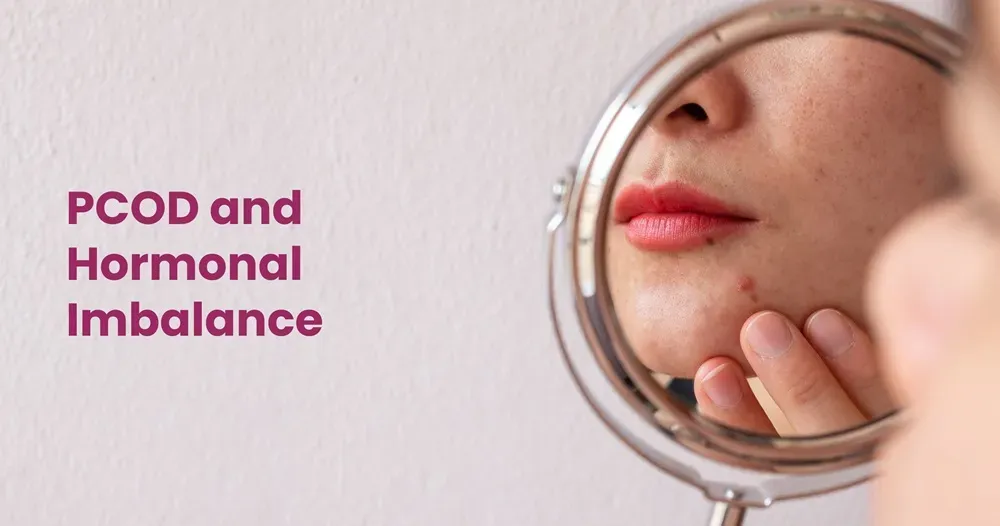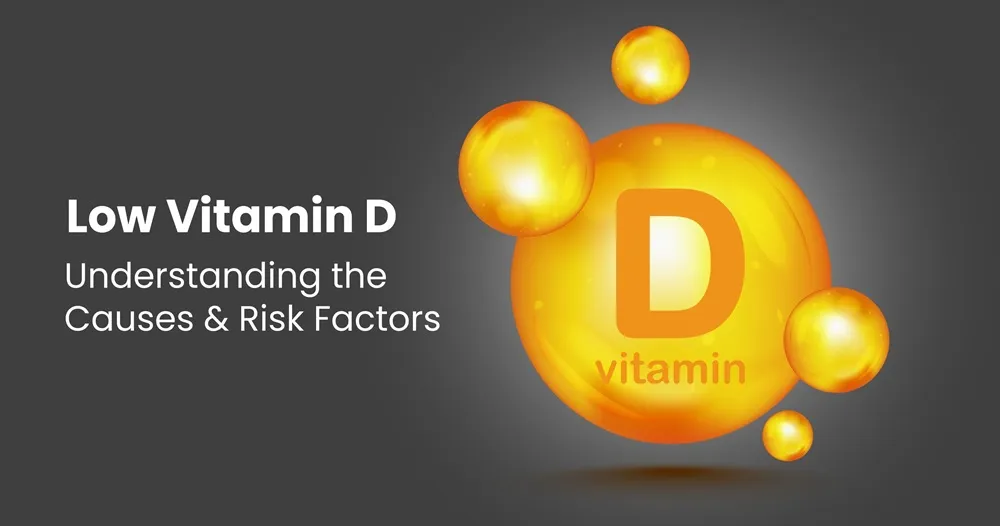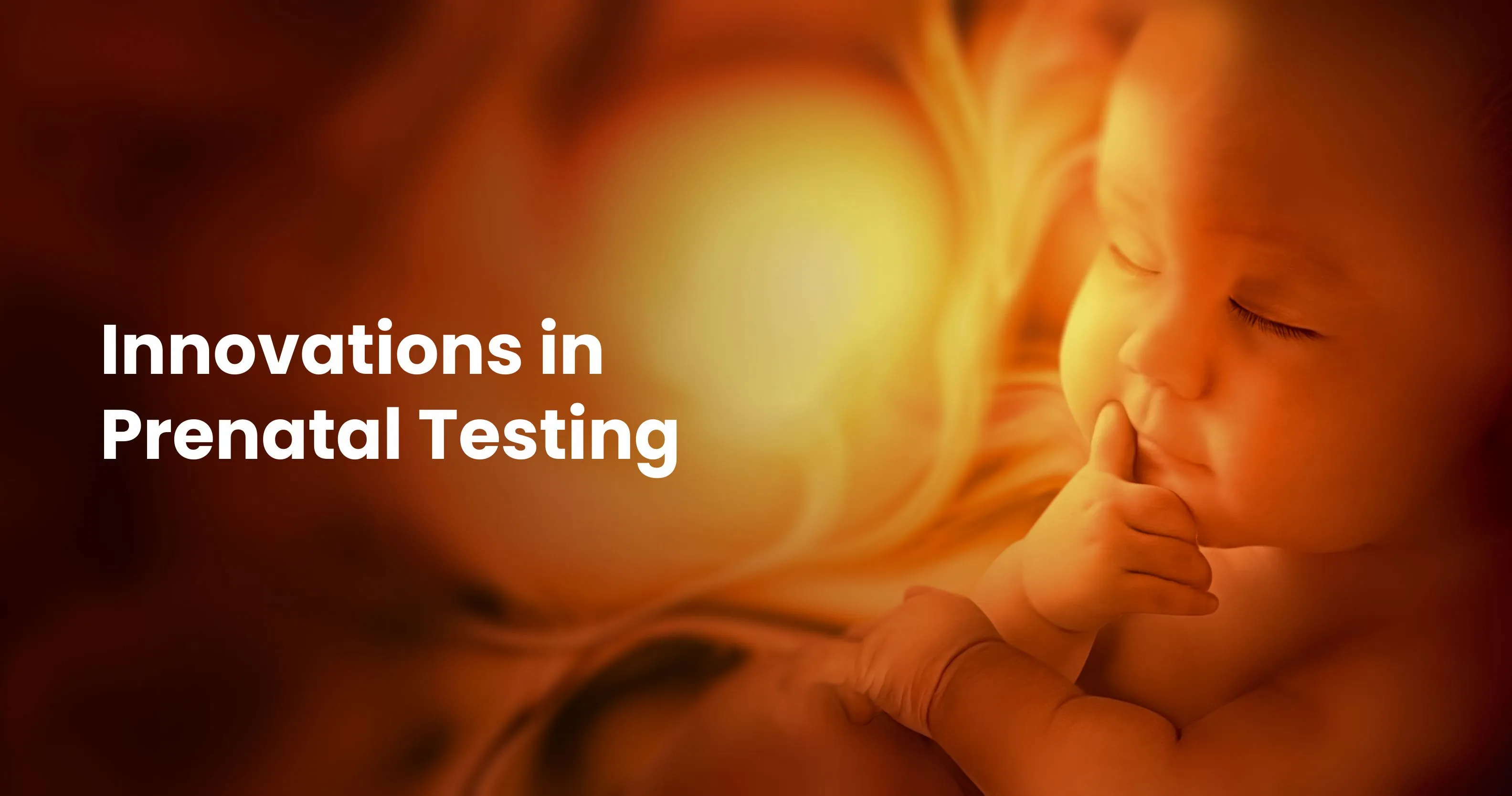Alzheimer’s disease: causes, symptoms and treatment
Jun 03, 2020
Alzheimer’s disease is an irreversible, progressive brain disorder that slowly destroys memory and thinking skills, and eventually the ability to carry out the simplest tasks. It is the most common type of dementia - an overall term for conditions that occur when the brain no longer functions properly - affecting up to 70% of all people with dementia. According to Alzheimer’s Association, in India, more than 4 million people have some form of dementia. In most people with Alzheimer’s, symptoms first appear in their mid-60s. The rate at which the disease develops varies from person to person, but on an average, people with Alzheimer’s survive for eight years after symptoms begin.
Alzheimer’s disease can be either sporadic or familial. Sporadic Alzheimer's disease can affect adults at any age, but usually occurs after age 65 and is the most common form of Alzheimer's disease. Familial Alzheimer’s disease is a very rare genetic condition, caused by a mutation in one of several genes. The presence of mutated genes means that the person will eventually develop Alzheimer's disease, usually in their 40's or 50's.
During the course of the Alzheimer’s disease, proteins build up in the brain to form structures called 'plaques' and 'tangles'. This leads to the loss of connections between nerve cells, and eventually to the death of nerve cells and loss of brain tissue. People with Alzheimer's also have a shortage of some important chemicals in their brain. These chemical messengers help to transmit signals around the brain. When there is a shortage of them, the signals are not transmitted as effectively and causes problems with memory, thinking and behavior. In the early stage, the symptoms may be minimal, but as the disease causes more damage to the brain, symptoms worsen.
People with Alzheimer's also have a shortage of some important chemicals in their brain. These chemical messengers help to transmit signals around the brain. When there is a shortage of them, the signals are not transmitted as effectively and causes problems with memory, thinking and behavior. In the early stage, the symptoms may be minimal, but as the disease causes more damage to the brain, symptoms worsen.
 People with Alzheimer's also have a shortage of some important chemicals in their brain. These chemical messengers help to transmit signals around the brain. When there is a shortage of them, the signals are not transmitted as effectively and causes problems with memory, thinking and behavior. In the early stage, the symptoms may be minimal, but as the disease causes more damage to the brain, symptoms worsen.
People with Alzheimer's also have a shortage of some important chemicals in their brain. These chemical messengers help to transmit signals around the brain. When there is a shortage of them, the signals are not transmitted as effectively and causes problems with memory, thinking and behavior. In the early stage, the symptoms may be minimal, but as the disease causes more damage to the brain, symptoms worsen.Causes of Alzheimer's
Scientists don’t yet fully understand what causes Alzheimer’s disease in most people. The causes probably include a combination of genetic, environmental, and lifestyle factors. The importance of any one of these factors in increasing or decreasing the risk of developing Alzheimer’s may differ from person to person.
Alzheimer's Symptoms
The first symptoms of Alzheimer's vary from person to person. However, it often begins with memory lapses, particularly difficulty recollecting recent events and newly learnt information. Alzheimer’s disease causes memory loss and other symptoms serious enough to interfere with life on a day-to-day basis. These symptoms are beyond natural ageing issues.
In addition to memory loss, symptoms of Alzheimer’s include: trouble completing tasks that were once easy; difficulty solving problems; changes in mood or personality - withdrawing from friends and family; problems with communication, either written or spoken; confusion about places, people and events; visual changes, such trouble understanding images.
Symptoms vary and the disease progresses at a different pace according to the individual and the areas of the brain affected. A person's abilities may fluctuate from day to day, or even within a day, worsening in times of stress, fatigue or ill-health.
Alzheimer's Treatment
While there are currently no treatments to stop Alzheimer’s disease from progressing, there are medications to treat dementia symptoms. One group of drugs called cholinergeric drugs appears to be providing some temporary improvement in cognitive functioning for some people with mild to moderate Alzheimer's disease. Drugs can also be prescribed for secondary symptoms such as restlessness or depression or to help the person with dementia sleep better.
Family and friends may observe the signs and symptoms of Alzheimer’s disease before the person undergoing these changes. If you suspect that a loved one is experiencing possible symptoms of dementia, it is important to approach a diagnostic service centre such as Apollo Diagnostics to seek a medical evaluation to confirm the cause.
Related Blog Post
Blog Categories
- Child Health
- Mens Health
- Women's Health
- Mental Health
- Health Myths & Facts
- Fitness
- Nutrition/Recipes
- Remedies
- Weight Management
- Stress Management
- Health Supplements
- Addiction Management
- Disease Management
- Allergy
- Anemia
- Arthritis
- Asthma
- Autoimmune Diseases
- Blood Pressure
- Cancer
- Deficiencies
- Dengue/Malaria/Chikungunya
- Diabetes
- Eye Problems
- Heart Diseases
- Hepatitis
- HIV/AIDS/STD
- Hormonal Imbalance
- Infection/Flu/Viral
- Kidney
- Liver
- Menstrual Problems
- Pregnancy
- Skin & Hair Problems
- Stomach Ailments
- Thyroid
- Others
- Health Checkups
- Diagnostics/Pathology
- Lifestyle & Wellness
- Covid
- Medical Tests
- Cholesterol
- Health Tips
- Parent Care/Old Age
- Lungs
- Food Intolerance







